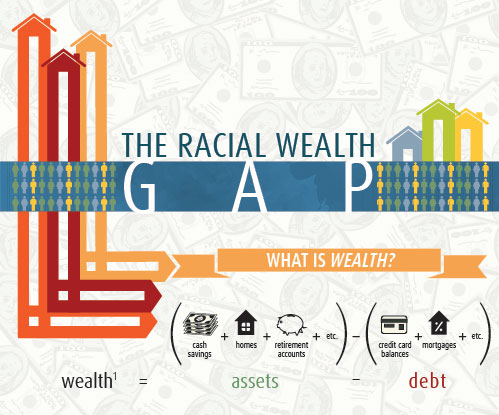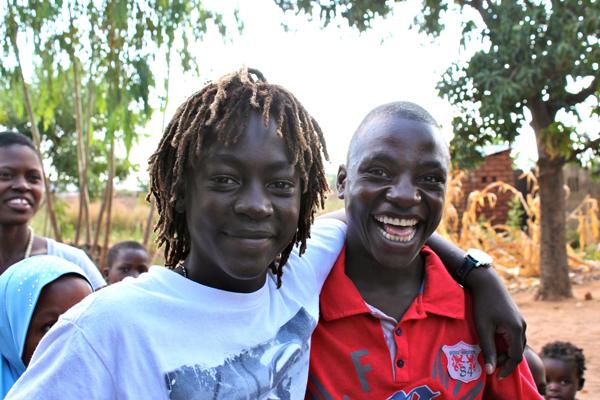Look for a billboard on the right and a sign on your left. There’s a dirt road. Turn there.
In this part of the world, most of the streets have no names. So the directions we were given to find the new compound where my son’s Malawian relatives relocated a few months earlier were pretty specific given the circumstances.
We had hoped to be able to visit with Vasco’s 16-year-old half-brother, Juma, his Aunt Esme, and a handful of cousins and other relations for a couple of hours. By the time we found the family’s new compound, we had less than an hour before we had to get back on the road, meet the rest of our traveling companions, and head north before the sun fell.
I was heartbroken. But when we pulled up in our van, Vasco’s relatives were so happy to see us (and vice versa) that even the woefully short visit felt richly blessed. It had been three years since we’d seen each other. The last time was in May 2010 when Vasco, my husband, and I traveled from California to Blantyre for our adoption hearing. We spent a month in Blantyre and were able to get to know Vasco’s extended family (or, sadly, what remains of it) and begin piecing together our son’s complicated biography.
Since our last visit, Vasco, now 13, has grown about a foot and then some. He’s also traded his close-cropped “Obama cut” for Bob Marley-esque locks. Vasco wasn’t the only one who’d changed – visibly and otherwise.
Malawi is one of the poorest countries on the planet, with more than 9 million people living on about $1.25 a day. HIV/AIDS, which we believe claimed the lives of Vasco’s birth parents before he would have entered kindergarten, remains a critical health issue. Among 15- to 49-year-olds, the HIV/AIDS rate hovers above 10 percent despite widespread efforts to combat the fully preventable disease.
Malaria, tuberculosis, and diarrhea-related fatalities remain high in Malawi. So does unemployment, particularly among younger workers in urban areas such as Blantyre, where it is approximately 70 percent.
The Jews believe that the Messiah is yet to come.
Christians believe the Messiah is coming back.
Those of other – or no – religions haven’t noticed much difference and don’t really care.
But all would agree that there is plenty of work left to be done.
We, by any standard, are far from an age of any Messiah — an era of justice, peace, and restoration seems as distant or alien or even incomprehensible as a blockbuster sci-fi film.
But perhaps, in some odd way, that is the point.
On the campus of the University of Missouri-St. Louis, the Rev. Gary Meier addressed a congregation of sorts — people who wanted to hear what the Roman Catholic priest had been thinking since, nearly a year ago, he last stood before a flock.
That was last June, when Meier told his parishioners at Saints Teresa and Bridget Church in north St. Louis that he would take a leave of absence “to discern what ministry God was calling me to do.”
Meier, 49, had told his archbishop that he could no longer teach the Catholic church’s stance on homosexuality.
“I have tried over the years to reconcile my silence as a gay priest with that of the Church’s increasingly anti-gay stance. I have been unsuccessful,” Meier writes in his book “Hidden Voices: Reflections of a Gay, Catholic Priest.”
I have spent much time blogging out of frustration with the church, gnashing my teeth over the church’s shortcomings. Some have called this negativity. Some have asked me to be more specific about what I want the church to do. I could not do this before. First, I needed to pinpoint my frustrations and disassemble my previous understanding of church. Out of the rubble of my own disillusionment a vision of something new is beginning to emerge. It is time to share this vision however blurry it may be.
This something new looks like congregations so committed to following Jesus by loving all of God's children that they will pour over their current budget and activities to see what can be altered to make room for greater service to the poor and the outcast. Such churches might come to the conclusion it is unconscionable to pay for the upkeep of a building for the sake of its use a few times a week.
This is a tension-filled topic. As Bergthal made public their intent to disassemble and ultimately tear down their building, many could not understand. For some, there is such a deep attachment to our church building, we would rather it be turned into a house or a barn or just anything as long as it can be saved. I have read the upcoming generation is not as sentimental when it comes to material things. I think this is a good and necessary movement but is sure to bring some tension. Finally, we must realize the church is not about buildings, but about people.
 The United States is the richest country in the world, but only three-quarters of Americans have enough to eat.
The United States is the richest country in the world, but only three-quarters of Americans have enough to eat.
New data from the Pew Research Center shows that nearly a quarter of Americans had trouble putting food on the table last year — 24 percent is a lot of hungry people in the richest country in the world. It’s not normal, either – most other advanced economies had much lower rates of hunger. We think that the U.S. economy is similar to that of Canada or Britain; our hunger rate is closer to that of Indonesia, South Korea, or Greece.
Numbers like that are shocking, because we prefer to think of ourselves in nationalistic terms. “The richest, most powerful country on Earth” definitely makes us feel better than realizing that things aren’t so great for many of us. One in four of us is hungry.
We don’t like to think about this, but we aren’t doing so well by a lot of standards. Last month, UNICEF published a report on child wellbeing in developed countries. The United States was ranked 26 out of 29, above Lithuania, Latvia, and Romania. Our children were doing worse than those of Greece.
Is this really where we want to be?
You may not realize this, but senior pastors throughout the world were on vacation last Sunday. Not because they were celebrating the American holiday weekend of Memorial Day. No, senior pastors the world over were conveniently on vacation because it was Trinity Sunday.
Of course, I can’t blame pastors for taking a nice weekend vacation and leaving the challenge of preaching the Trinity Sunday sermon to their associates. I’ve always had a hard time with the Trinity — not because of the math. I was always horrible at math. I frequently tell people I became a pastor and a blogger because I failed Algebra. So, the concept that 1 + 1 + 1 = 1 has never been an issue for me.
In the news this morning are reports of a U.S. drone strike in Pakistan that killed seven people, including the unconfirmed death of the number two leader of Pakistan’s Taliban. It is the first strike since Pakistan’s election, and the first since President Obama’s speech last week on drone policy. Reuters reports:
A U.S. drone strike killed the number two of the Pakistani Taliban in the North Waziristan region on Wednesday, three security officials said, in what would be a major blow in the fight against militancy.
The drone strike killed seven people, Pakistani security officials said, including Taliban deputy commander Wali-ur-Rehman, in the first such attack since a May 11 general election in which the use of the unmanned aircraft was a major issue.
Wali-ur-Rehman had been poised to succeed Hakimullah Mehsud as leader of the Pakistani Taliban, a senior army official based in the South Waziristan region, had said in December.
Read more here.






